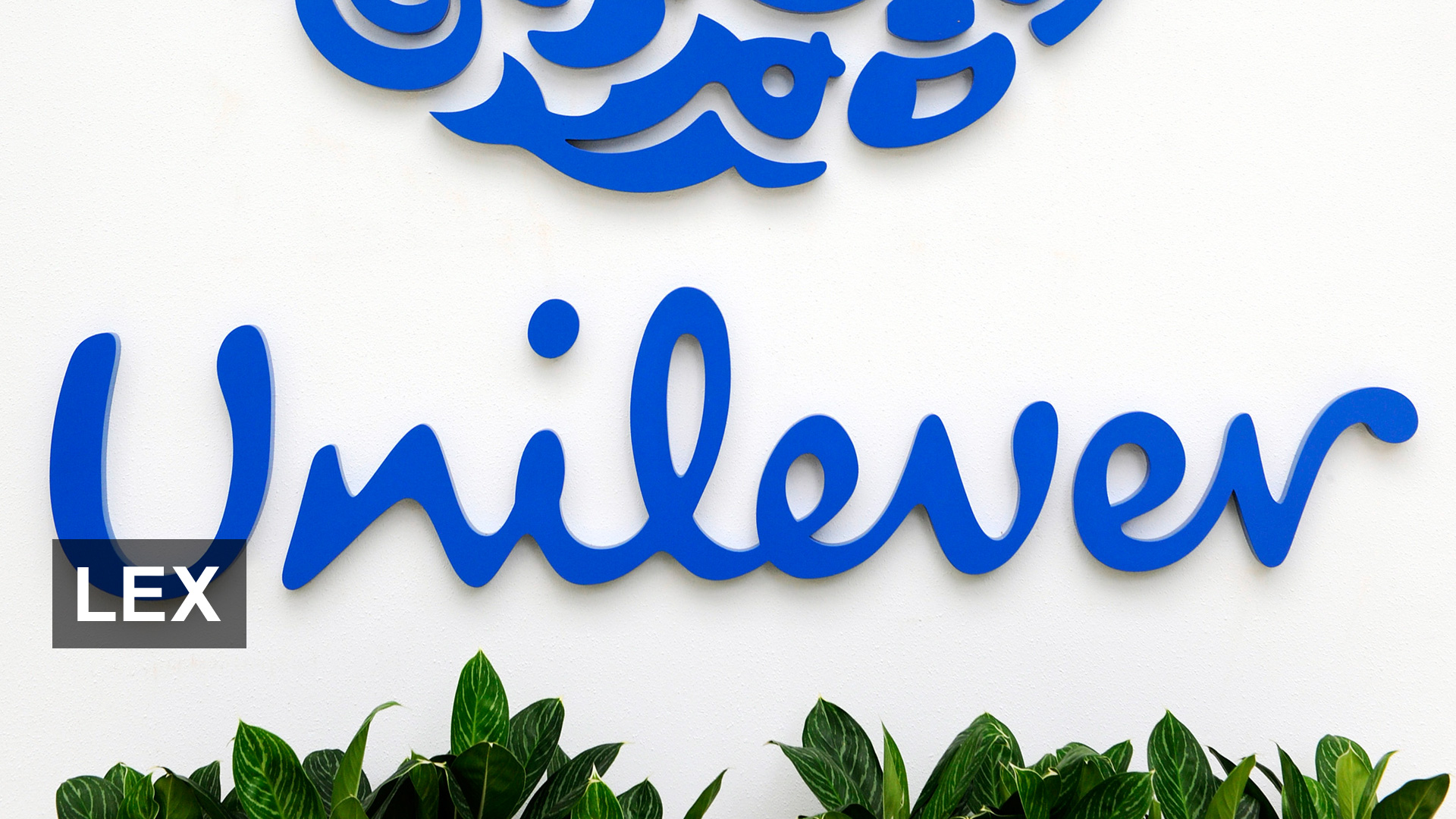
With the help of a new 2,000-acre forest and a £30M investment plan, plus an army of Equity Punks fuelled on Elvis Juice, one Scottish craft brewer is set to become the world’s first carbon-negative international beer business. Better known perhaps for shaking trees than planting them, BrewDog will actually remove twice as much carbon from the air as it emits every single year. As the company commits to fight climate change and have a positive, restorative impact on the planet, carbon neutral is simply no longer enough.
The brewer’s long-term plans will see the business offset its carbon through owned assets and, as part of these efforts, it has purchased 2,050 acres of Scottish Highlands just north of Loch Lomond, to create the BrewDog Forest. Here, it plans to plant one million trees over the next few years in 400 hectares of land, alongside restoration of 650 acres of peatland — with both investments recognised as effective vehicles for carbon offset.
Further to this, BrewDog has been working with Mike Berners-Lee, carbon offset expert and author of There’s no planet B and How bad are bananas? to guide the initial £30M investment into green infrastructure and initiatives, designed to take its breweries to carbon neutrality within 24 months.
BrewDog has already made inroads into cutting its carbon footprint: The brewery and its UK bars are wind-powered; and the company currently turns its spent grain into green gas which powers the brewery itself.
Looking ahead, BrewDog is building an onsite anaerobic digester to convert its wastewater into clean water and produce food-grade C02 to carbonate the company’s beers. It is also investing in the electrification of its vehicle fleet, with a strategy of establishing local brewing sites across the UK, EU, USA and Australia helping cut carbon even further by significantly reducing the miles the beer has to travel to reach the consumer.
The forest investment plan, though, is something of a gamechanger, says David Robertson, Director, Scottish Woodlands:
“Woodland creation of this scale is at the forefront of the fight to sequester atmospheric carbon in the UK and the BrewDog Forest will be one of the largest native woodlands created in the UK for many years.”
In total, BrewDog will create 1,400 acres of broadleaf native woodlands, and 650 acres of peatland restoration. in accordance with the UK Woodland Carbon Code and the Peatland Code, respectively. As well as carbon sequestration, woodland creation also promotes biodiversity, natural flood attenuation and drives rural economic development.
Work is expected to start on the BrewDog Forest early next year.
The brewer also plans to create a sustainable campsite on the land, which will host sustainability retreats and workshops for the general public, in addition to inviting its 130,000 Equity Punks investors to help with tree planting, starting 2021.
Over the past few months, BrewDog has been working closely with lead scientific advisor Professor Mike Berners-Lee and his team at Small World Consulting. One of the world’s leading experts in the field, Berners-Lee has overseen the process of calculating BrewDog’s carbon footprint and been pivotal in the design of its carbon removal plan.
In order to double remove all of its carbon, until it is able to begin planting the BrewDog Forest, the brewer will be working with offset partners on a series of projects. Each organisation has the highest standard of accreditation and been vetted by Berners-Lee and his team, with each project deemed beneficial to biodiversity and local communities.
Applauding both the company’s strong carbon cutting and their straight talking, Mike Berners Lee, Founder of Small World Consulting, sees BrewDog raising the bar in the business world:
“After decades of inaction we have a full-on climate crisis on our hands. The scale and speed of the change we now need is enormous, and cuts right across politics, business and every corner of society.
“The good news is that if we are smart about our transition, we can make our lives better at the same time as making them more sustainable. BrewDog beer can represent another small nudge for a better world.”
It is time for business to stand up and not just be counted, but footprinted, concludes James Watt, co-founder of BrewDog:
“Our Carbon. Our Problem. So, we are going to fix it ourselves. Huge change is needed right now, and we want to be a catalyst for that change in our industry and beyond. We fully acknowledge that we are a long way from perfect. However, we are determined to rapidly and fundamentally change everything as we work hard to ensure we have a positive impact on the planet.
“The scientific consensus is clear: We are sleepwalking off the edge of a cliff. There has been too much bulls**t for too long. Governments have proved completely inept in the face of this crisis. The change our world and society needs, has to come from progressive business and we want to play our role and nail our colours to the mast.”
Source: Sustmeme













